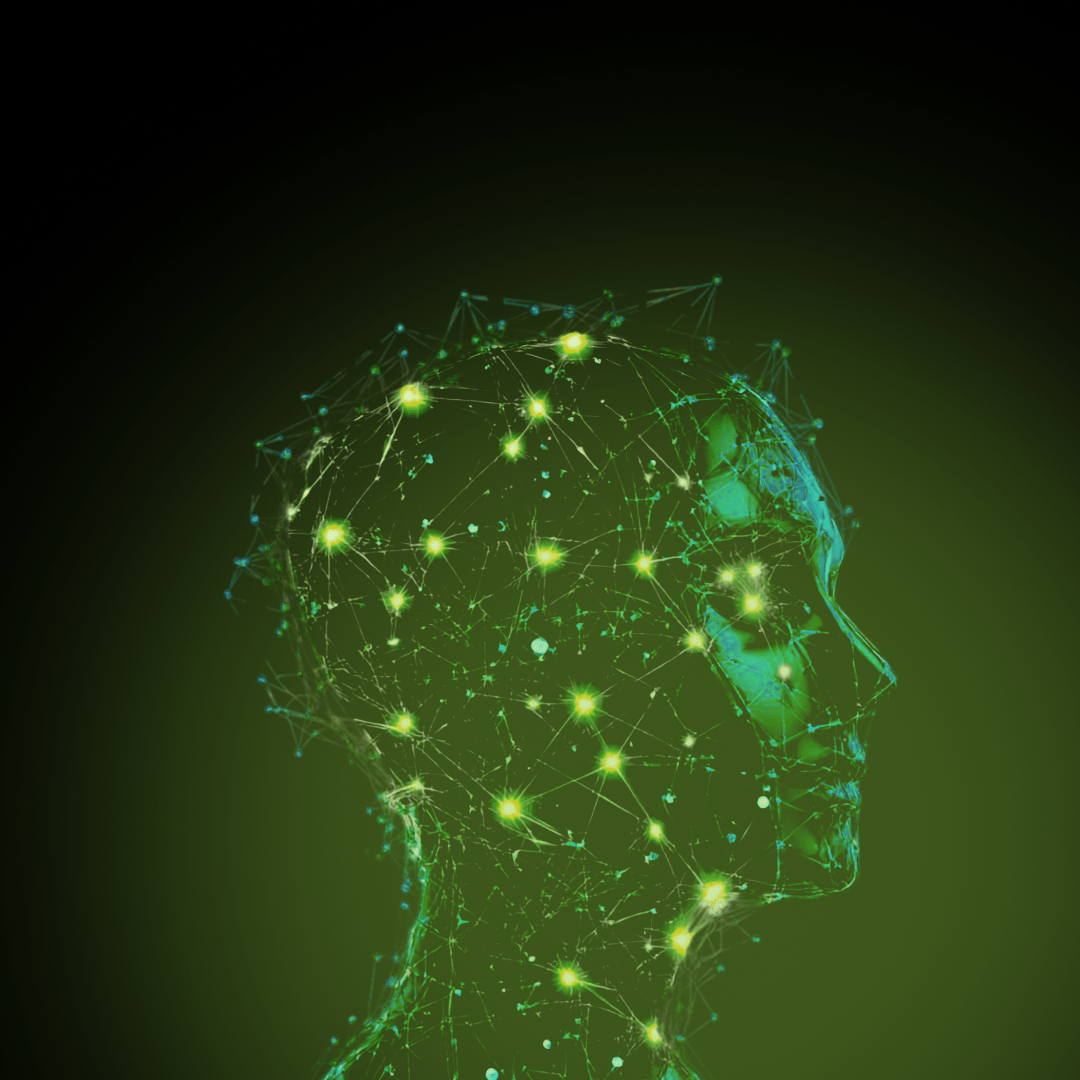
Exploring the Future of AI: Books Everyone Should Know.
Date
As Artificial Intelligence continues to transform every industry, it’s important to stay up to date. We’ve compiled a list of insightful books that cover the full spectrum of AI: from the technical mechanics of building large language models to the ethical frameworks guiding responsible AI development.
Whether you’re leading innovation, shaping policy, or exploring AI integration in business, these books offer valuable perspectives for navigating the rapidly changing AI landscape.
Browse our list and find titles that match your interests:
1. Build a Large Language Model (From Scratch) by Sebastian Raschka.
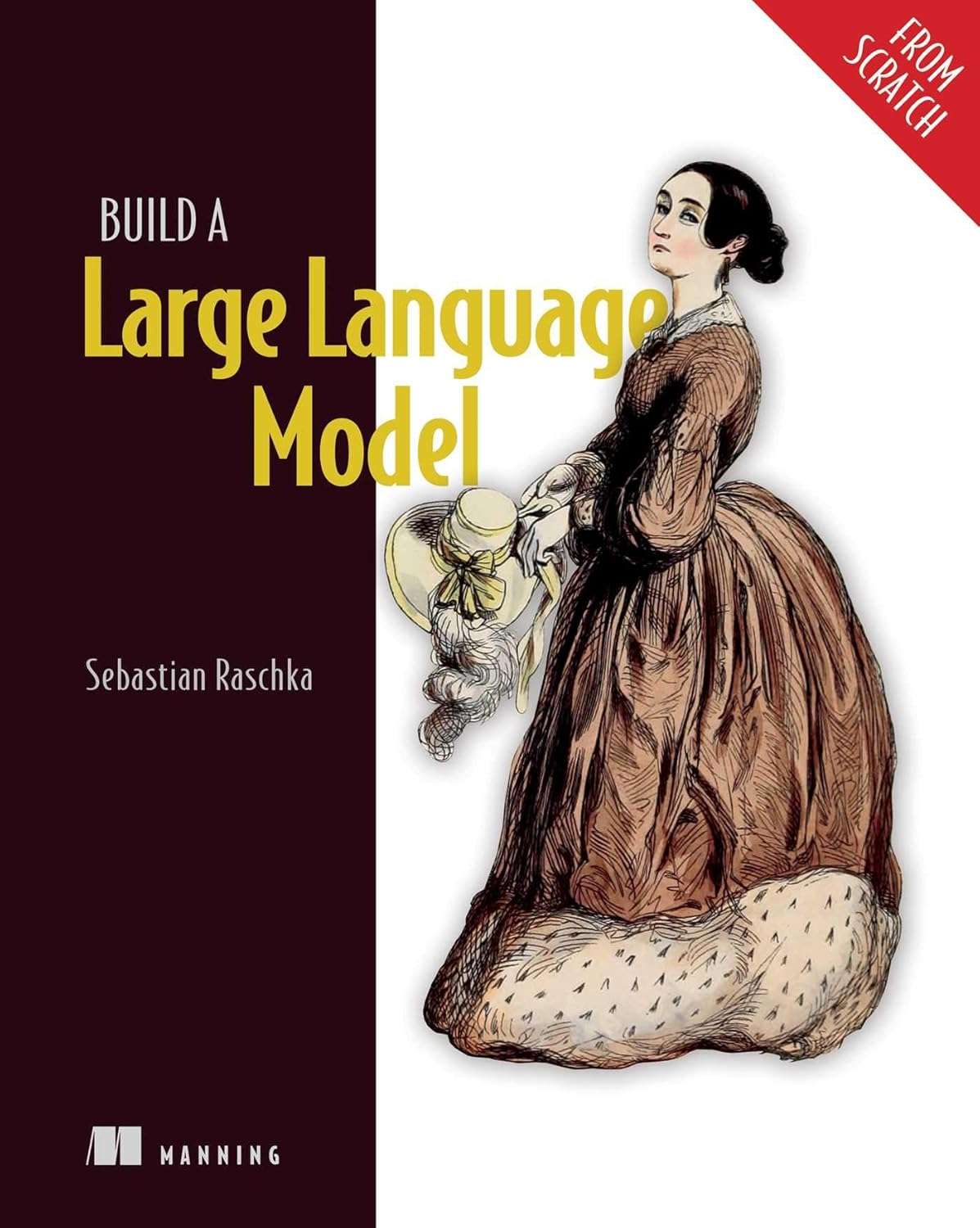
This technical guide walks readers through the practical process of constructing a large language model from the ground up. Raschka, known for his work in machine learning education, breaks down complex concepts like transformer architectures, training strategies, and tokenization with hands-on code examples.
For: Data scientists, ML engineers, and researchers who want a deep, code-centric understanding of LLM development.
2. Co-Intelligence: Living and Working with AI by Ethan Mollick.

Mollick explores how humans can work alongside AI tools like ChatGPT and DALL·E to boost creativity, productivity, and problem-solving. Drawing from academic research and real-world examples, he positions AI as a “co-intelligence” partner rather than a rival.
For: Professionals, educators, creatives, and anyone curious about integrating AI into everyday workflows.
3. Understanding Deep Learning by Simon J.D. Prince.
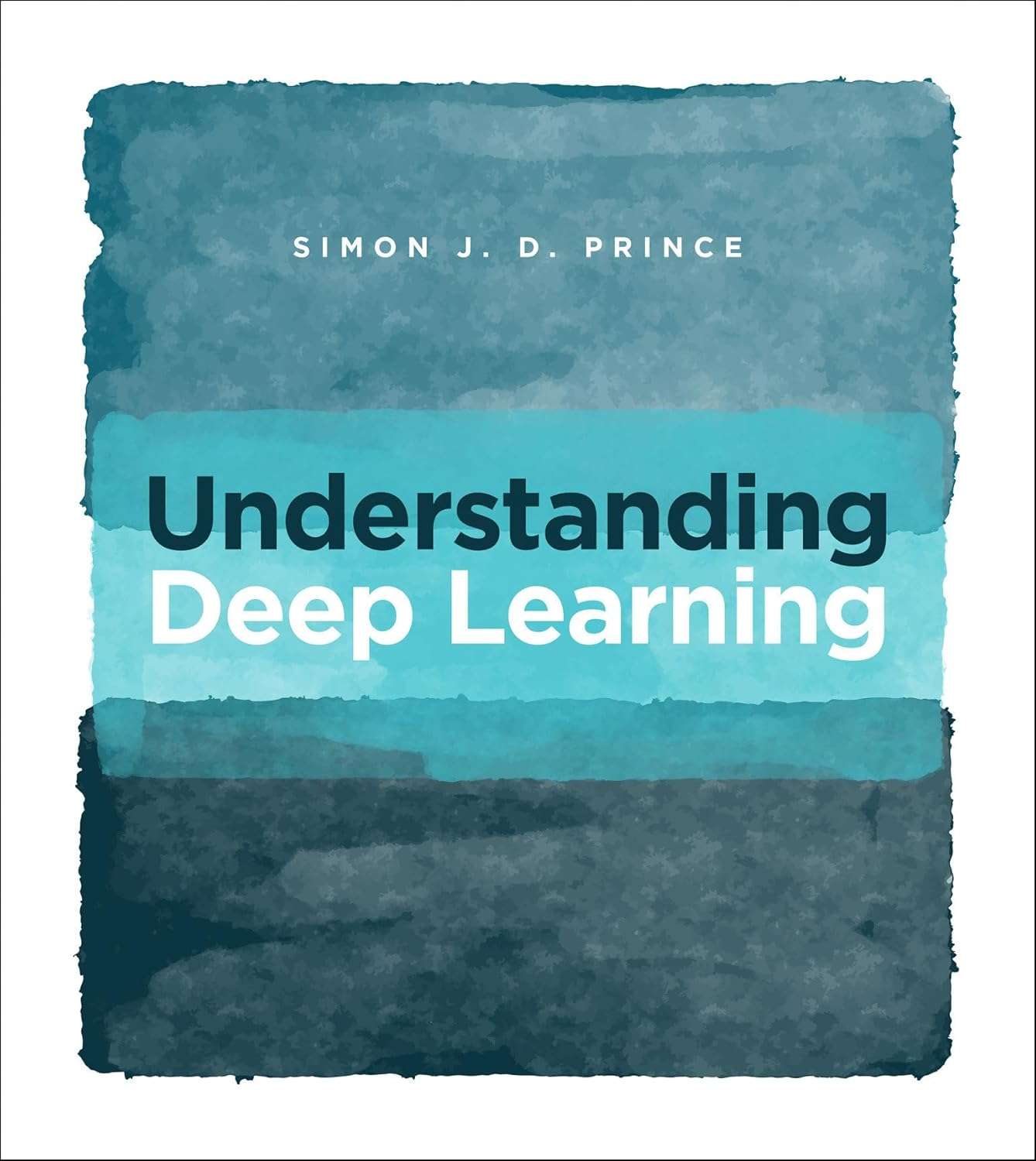
This book dives into the mathematical and conceptual foundations of deep learning. Prince explains how neural networks function, what makes them effective, and why they sometimes fail—aiming to demystify the “black box” of AI.
For: Students, academics, and practitioners who want a clear yet rigorous explanation of deep learning principles.
4. The Alignment Problem: Machine Learning and Human Values by Brian Christian.
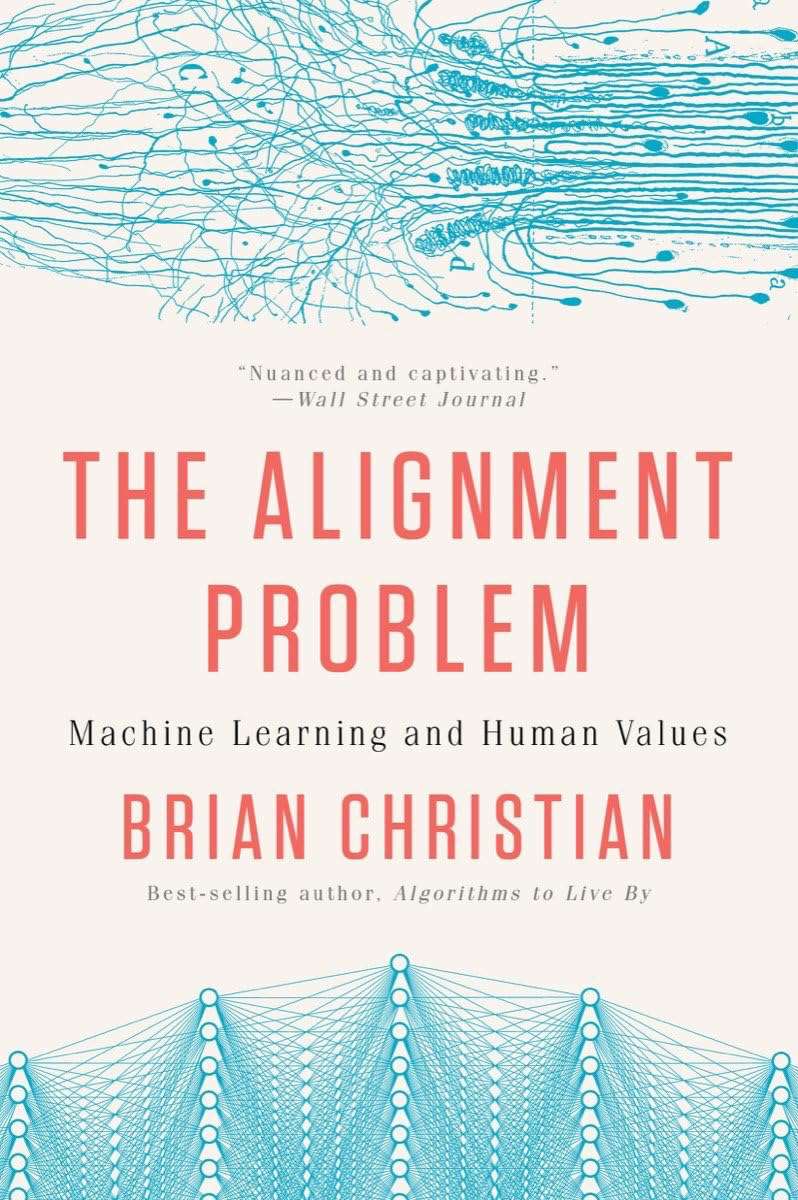
A thoughtful exploration of how to ensure AI systems reflect human values. Christian blends philosophy, cognitive science, and cutting-edge AI research to highlight the ethical dilemmas and technical hurdles of AI alignment.
For: Ethicists, policymakers, AI developers, and anyone concerned with the societal impact of machine learning.
5. Responsible AI: Best Practices for Creating Trustworthy AI Systems 1st Edition by CSIRO, Qinghua Lu, Liming Zhu, Jon Whittle, Xiwei Xu.
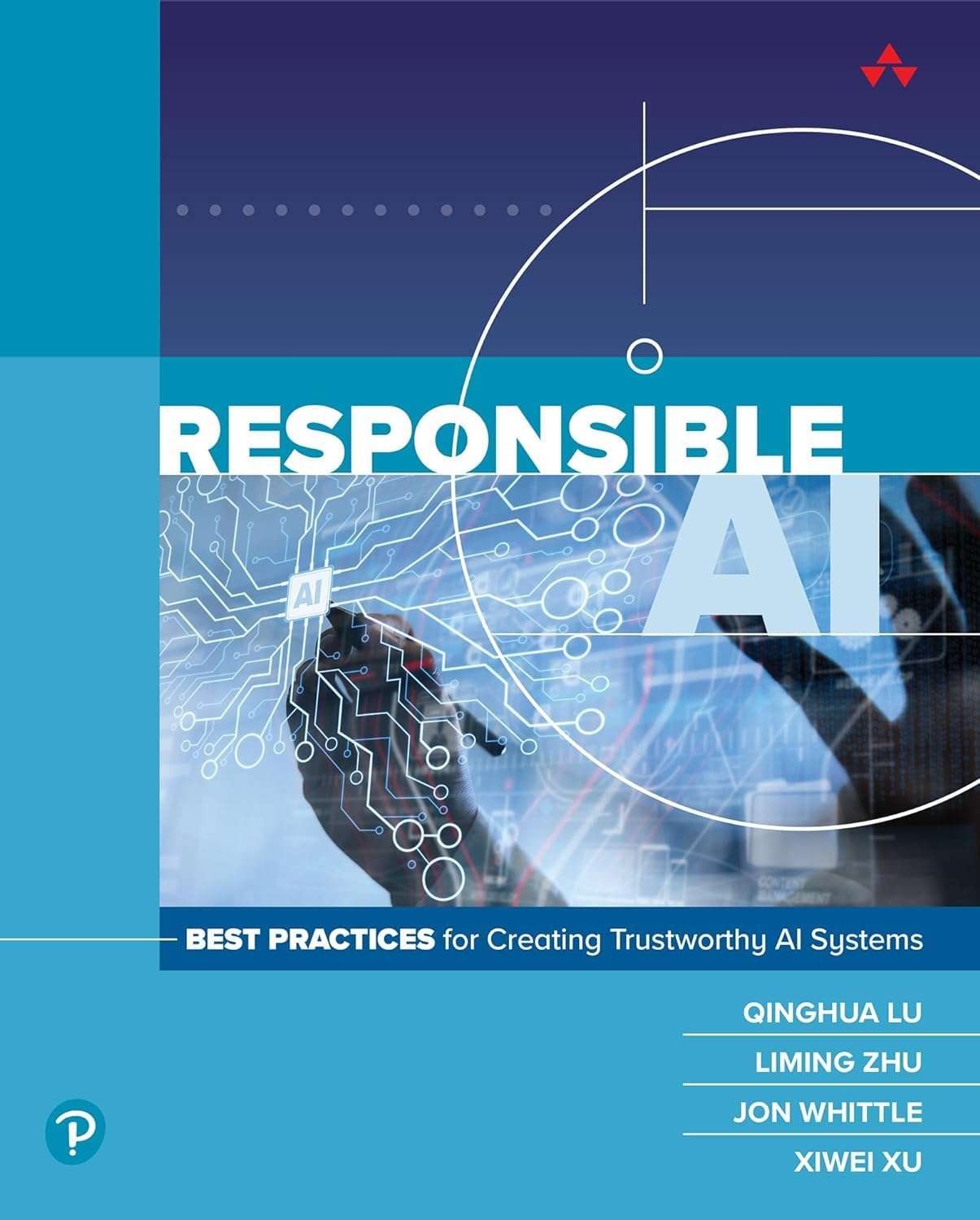
This practical book provides frameworks and case studies for building AI systems that are ethical, reliable, and transparent. The authors offer structured guidance on governance, fairness, and technical safeguards.
For: AI project managers, policy developers, and organizations building real-world AI solutions.
6. Brave New Words: How AI Will Revolutionize Education (and Why That’s a Good Thing) by Salman Khan.
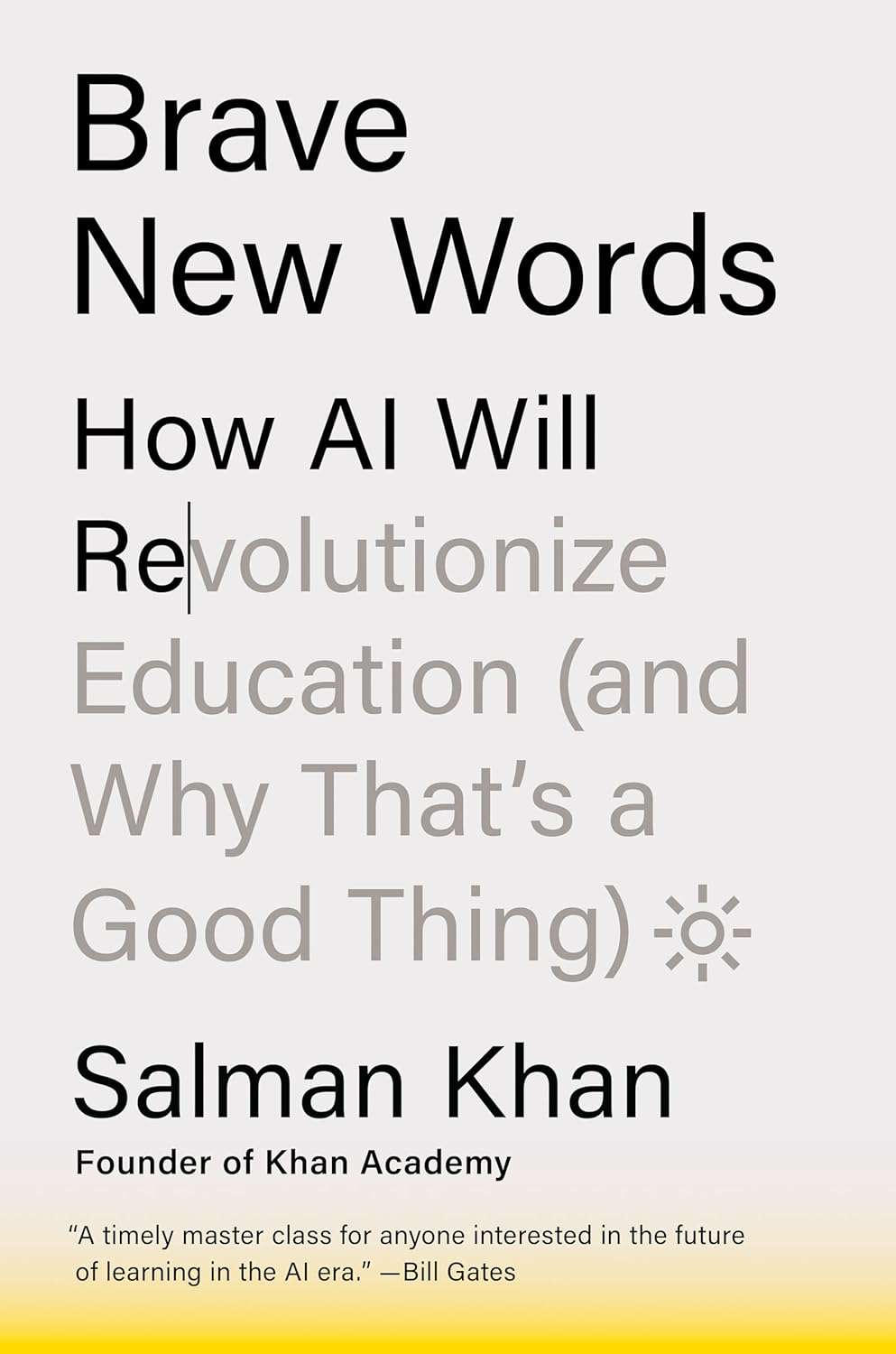
Salman Khan, founder of Khan Academy, envisions a future where AI transforms education by offering personalized learning and freeing up teachers to focus on mentorship. He discusses both the opportunities and risks of AI in the classroom.
For: Educators, parents, edtech developers, and policy makers in the education sector.
7. Supremacy: AI, ChatGPT, and the Race that Will Change the World by Parmy Olson, Lisa Flanagan.
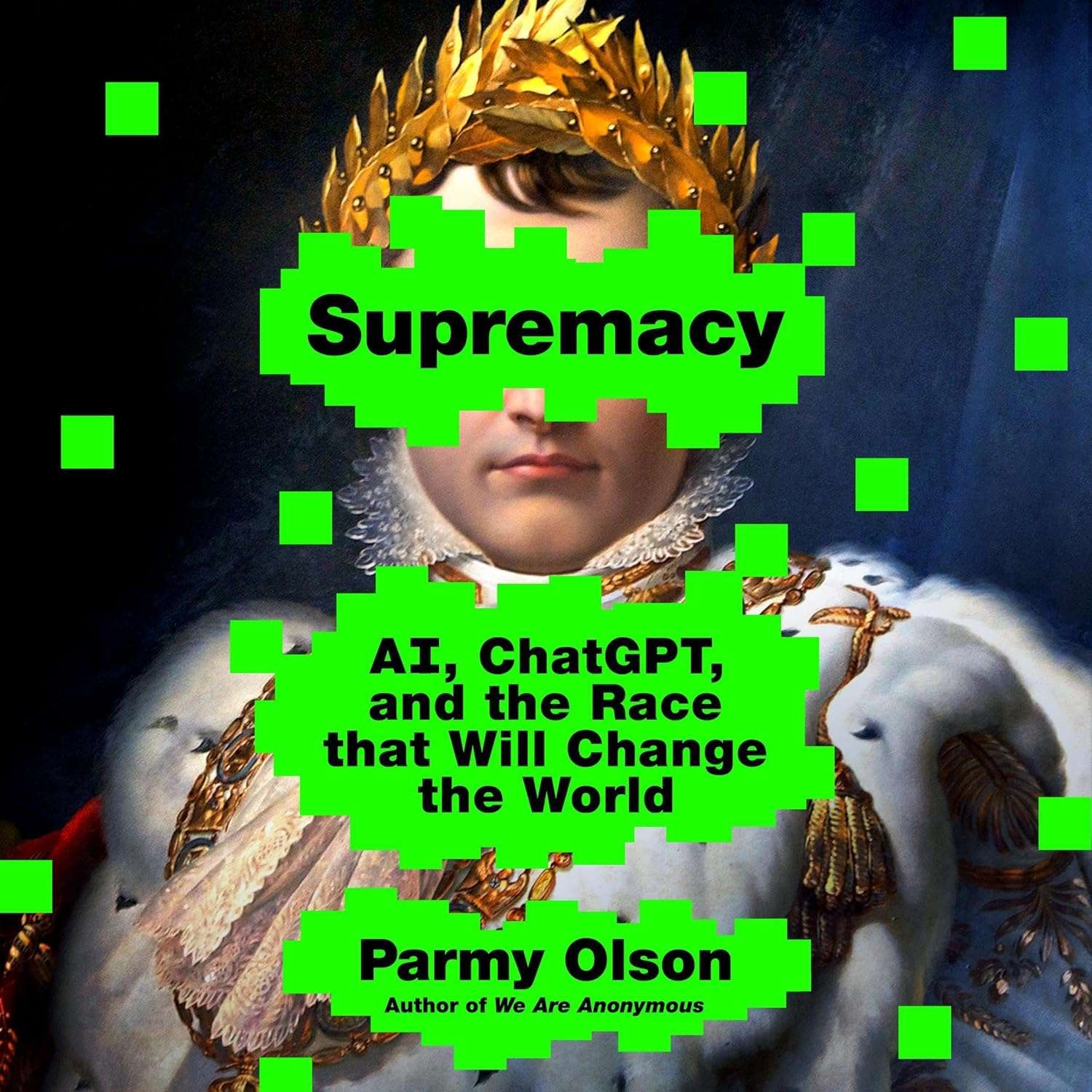
A journalistic dive into the global race for AI dominance, this book examines the technological, economic, and geopolitical stakes of recent advances in generative AI. Olson interviews key players and provides insights into how companies and countries are responding.
For: Tech enthusiasts, business leaders, and anyone following global AI competition and innovation.
8. The Singularity Is Nearer: When We Merge with AI by Ray Kurzweil.
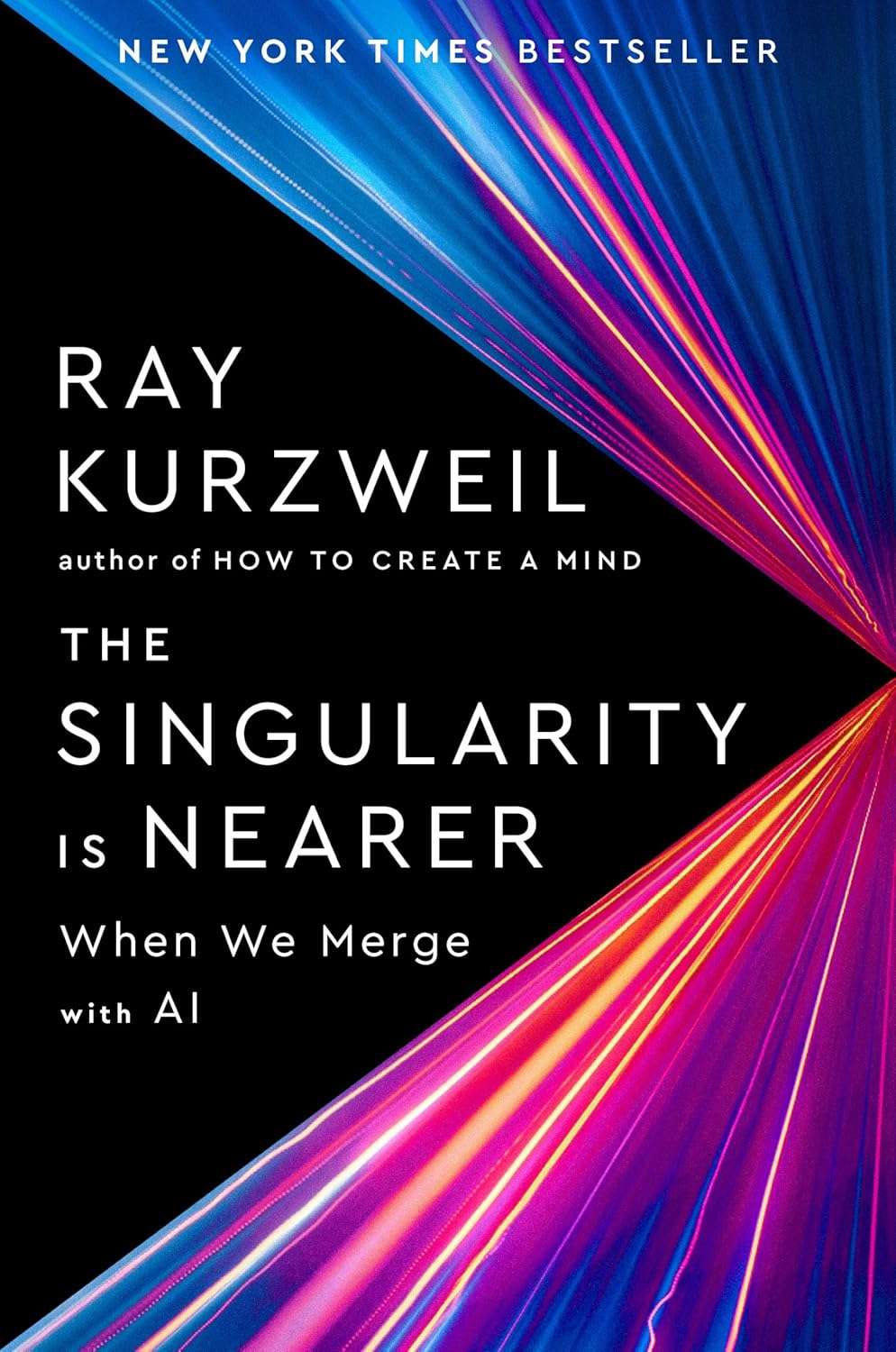
In this sequel to his 2005 bestseller, Kurzweil expands on his vision of the technological singularity—when AI and humans will converge through brain-machine interfaces and biotech. A mix of prediction, science, and philosophy.
For: Readers interested in the long-term trajectory of AI and humanity.
9. Artificial Intelligence for Everyone by Christian Posthoff.
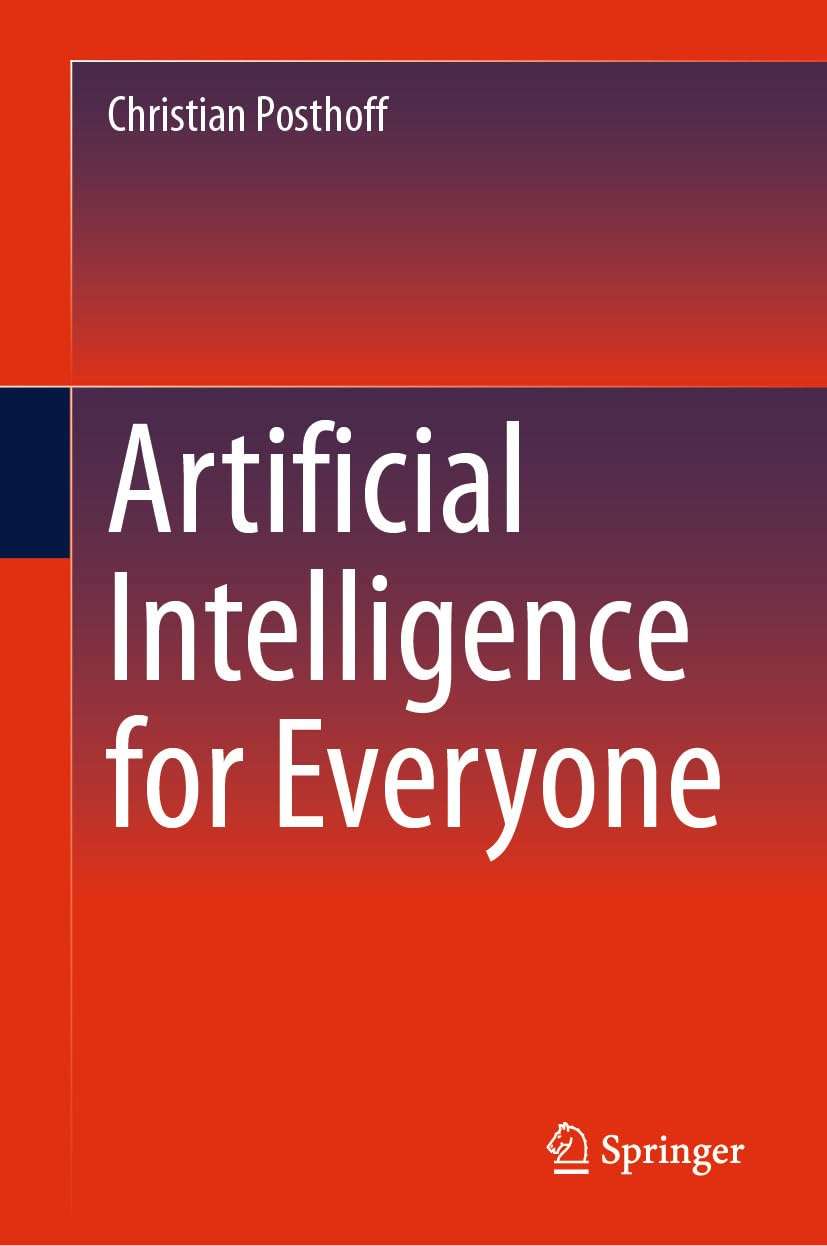
This book aims to make AI accessible to non-technical readers by explaining core concepts, historical developments, and everyday applications of AI without heavy math or code.
For: General audiences, students, and professionals who want a broad, approachable introduction to AI.
In a time when AI is reshaping everything from customer service to product development and decision-making, understanding its implications—from the technical to the ethical—is crucial. These books offer more than just knowledge; they provide context, foresight, and a well-rounded foundation for anyone looking to harness the power of AI responsibly and effectively.



